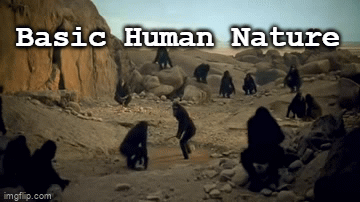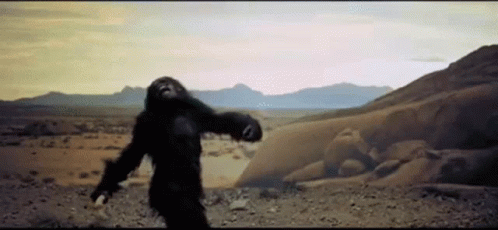Predators -- at least in nature -- don't tend to be overly bright. Their survival is dependent on the availability of prey, too. You've no doubt heard about how wolf populations rise and fall with the number of prey animals in their area. Wolves are interesting because they live in and hunt in communal groups, much like whales and dolphins. Unlike other predators like hawks, owls (*sob*), tigers, etc. they developed smarts and cooperation as a survival technique. But even so, if their prey dies off so do they.
In the jungle, everything is prey. Kill or be killed. Eat or be eaten. In order to avoid being killed and eaten, prey need to smarten up or be prolific. In order to keep up, the predators need to be smarter in hunting prey...or go back to eating veggies.
Your wolf analogy is good, but also note that, as man killed off the predators (actually replacing them) the deer population exploded resulting in starvation and spreading disease. The system needs to be balanced.
That said, the balance is not static since the smarter prey live long enough to spread their genes and the smarter predators likewise live longer to spread their genes.
Working as a team, be it for hunting or defense, works for some species. Note to that there has to be enough food to feed the group or they'll either break apart or turn on each other.




